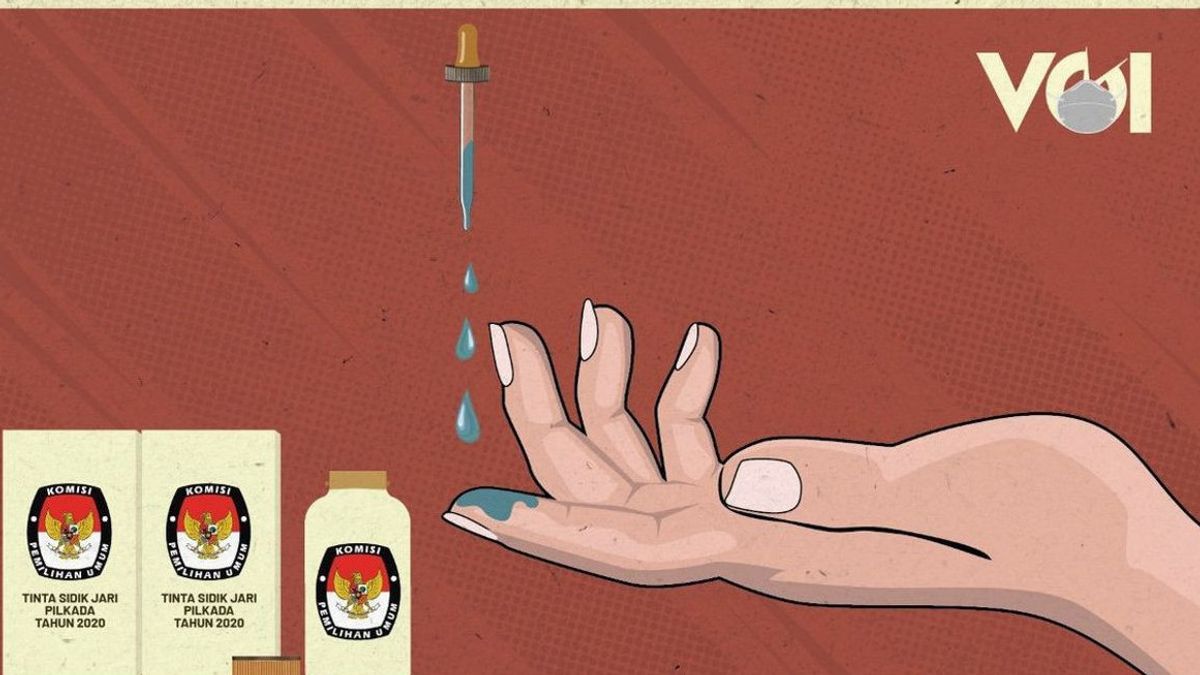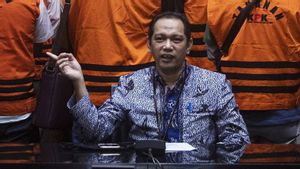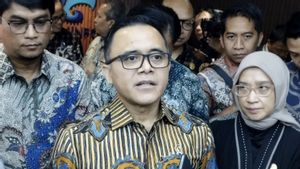
JAKARTA - The survey institute Saiful Mujani Research and Consulting (SMRC) predicts that there will be three coalition axes that will compete in the 2024 presidential election.
SMRC founder Saiful Mujani revealed that the first coalition axis would be led by the Indonesian Democratic Party of Struggle (PDIP). This refers to the results of the 2019 General Election, where PDIP became the party that won the most votes. "The first axis, PDIP as the lead, he can take anyone. Maybe PPP so that the Islamic atmosphere can enter, or so PAN," said Saiful quoted from the SMRC YouTube channel, Saturday, April 23.
While the second axis, SMRC predicts will be led by the Gerindra Party. It is possible, said Saiful, that Gerindra will cooperate with PKB. The reason is, Gerindra's votes are not enough to meet the Presidential Threshold, so it needs one more party to fulfill it. he said.
Meanwhile, the third coalition axis is predicted to be led by the Golkar Party. Saiful assessed that the Golkar Party could form a coalition with NasDem, PKS and the Democratic Party.
"Golkar is a big party. It can be open to NasDem, the Democratic Party and PKS," said Saiful. If the three axes are formed, then what is the discourse on the Islamic axis? The chairman of the PPP DPP Achmad Baidowi assessed that the formation of an Islamic party axis coalition for the upcoming 2024 presidential election would be difficult. The reason is, it takes a big effort to win an identity in Indonesia.
"The political situation in Islamic parties in Indonesia itself is very difficult to understand, what is the term now that there is a language, a phobic idea," said Baidowi, Tuesday, April 19. The man who is familiarly called Awiek explained that when he looked at Indonesia's demographics and the categorization of Indonesian voters who are predominantly Muslim, this coalition of Islamic axis is very possible, but, he said, requires extraordinary efforts to win.
“The question then is, do we want to be brave in initiating a coalition but it turns out we lost or do we want to win? That's actually what political parties are facing,” said the Deputy Chairman of the Legislative Body (Baleg) of the DPR. The secretary of the PPP faction said that the votes of the Kaaba Party itself continued to experience shrinking in several elections. After 5 elections in the New Order and 5 elections in the Reformation era, Awiek added, there was a significant decline in votes in 2019, and the maximum PPP gain in 1982 was 27.78 percent. Here all the forces of the Muslim community were united, until finally the NU voice in PPP was divided after the NU Congress in Situbondo.
“The NU congress in Situbondo, NU returned to khittah, meaning that NU is not only in PPP but in diaspora to other parties, as a result, the entire PPP vote has decreased from 27.78 percent to 15.96 percent. There is always a momentum that accompanies the ups and downs of political party votes," said Awiek.
The English, Chinese, Japanese, Arabic, and French versions are automatically generated by the AI. So there may still be inaccuracies in translating, please always see Indonesian as our main language. (system supported by DigitalSiber.id)












